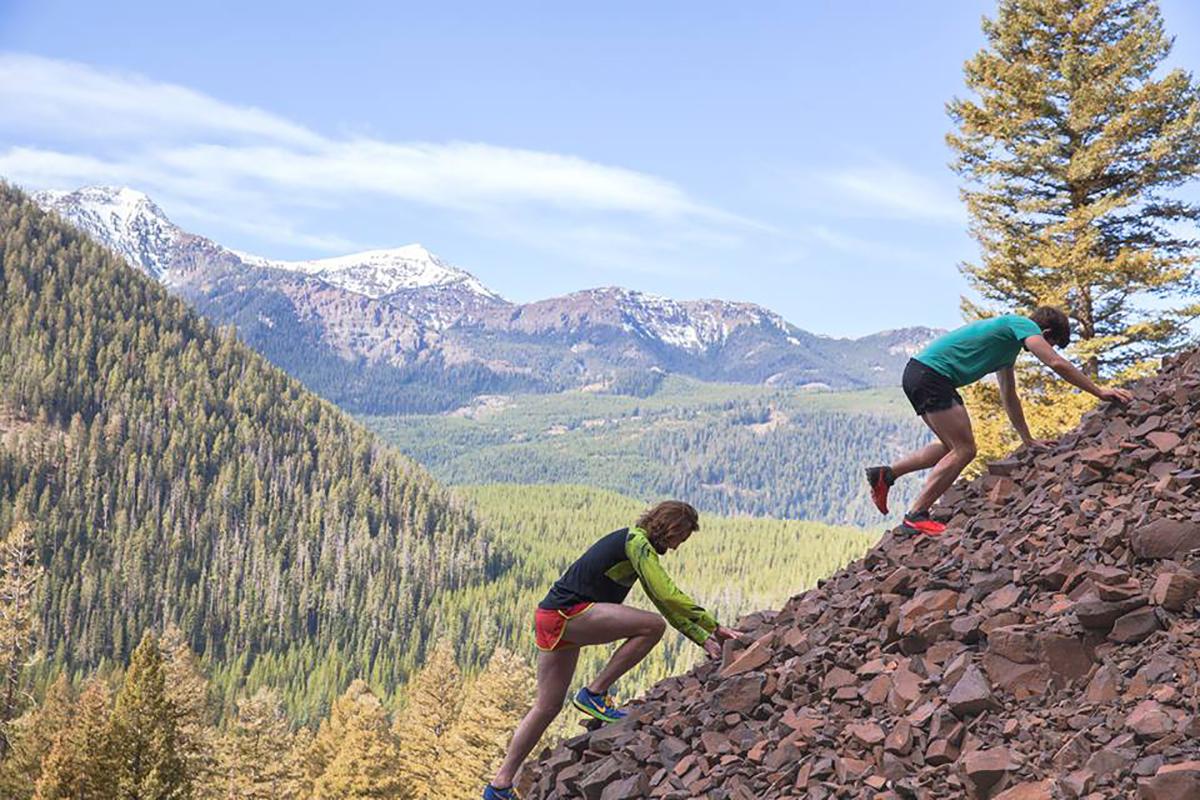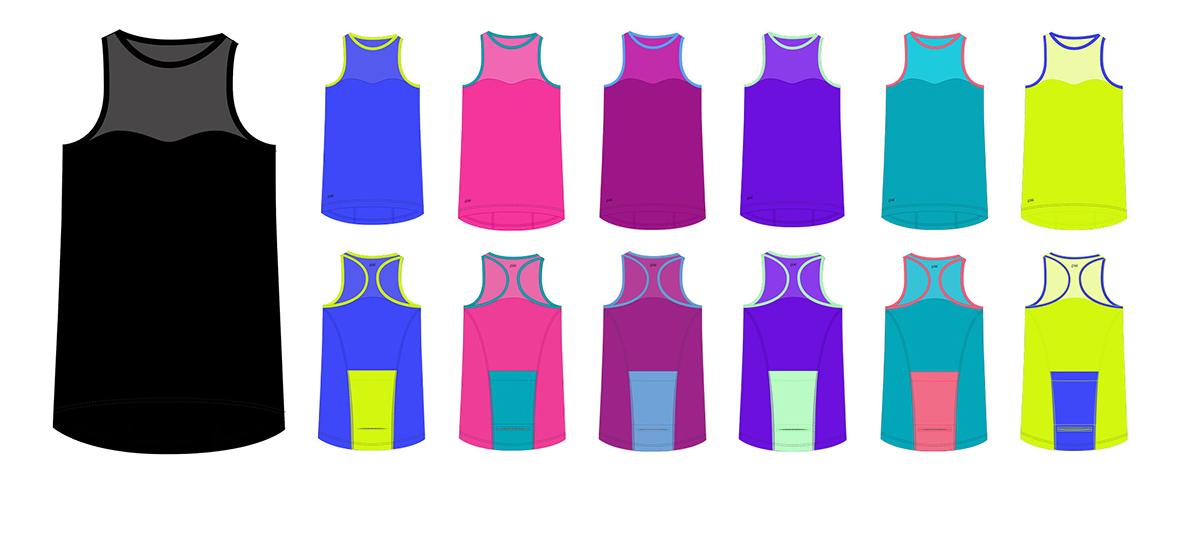How Boston Became a Fitness Apparel Startup Hub

Crane and Lion leggings. Photo provided to bostonmagazine.com
In 2012, Dave Spandorfer cofounded philanthropic running apparel company Janji in St. Louis. Just a year later, the company was operating out of Boston.
Janji isn’t alone. In only a few short years, Boston has seen an influx of fitness apparel and footwear startups either founded in or drawn to the city. In the past year alone, Boston welcomed functional training brand No Bull; women’s cycling apparel company Pixi; resistance wear startup Force; athleisure retailer Brunswick Park; and footwear company York Athletics Manufacturing. More are almost undoubtedly on the way.
Sponsored Content

With personalized care and convenient locations, it’s no wonder patients love primary care at Tufts Medical Center. Learn More
The emergence may seem sudden, and the tide certainly has picked up speed of late—but it’s also a manifestation of Boston’s long history as both a manufacturing hub and a fitness and footwear mecca, from the 20th century to today.

Janji photo provided
“This city started as a shoe manufacturing [center] in the 20th century,” Spandorfer says. “You had a lot of footwear companies that started in that and then transitioned into other types of athletic wear—we’re talking about New Balance, Saucony, Reebok, Puma.”
“There’s such a rich history and heritage here that has deep roots in some of the earliest manufacturing that happened in the U.S.,” adds Emily Welsch, founder of women-focused cycling company Pixi, set to release its first collection later this year. “You can still really see a strong manufacturing presence.”
And because of that lineage, startups today have an incredibly deep talent pool to draw and learn from. Spandorfer says a good number of his staff members came from the design teams of Boston’s footwear giants, and the big-name companies in the city serve as—perhaps surprisingly—supportive mentors for the new guard.
“They don’t see us as some sort of existential threat,” he says. “I think there is a deep-seated collaboration between people here that you’re just not going to find basically anywhere.”
Welsch, a newcomer to the scene, agrees. “Since I’ve started Pixi, there’ve been quite a few companies that have reached out in the athletic apparel space,” she says. “I wouldn’t say it’s competitive, because all these companies are offering different products with the same ultimate goal.”
That goal is, of course, the essence of the athleisure movement: to outfit Bostonians in athletic wear from head-to-toe, from the gym to the streets.
“Fashion and activewear used to be segmented,” says John Udelson, founder of 3-year-old active lifestyle brand Crane & Lion. “It’s just how people are dressing [now]. I don’t think it’s a trend; I think we are seeing an opportunity in this space that is going to grow.”
It’s a movement that has serious roots in fitness-minded Boston, home of the Boston Marathon, grassroots programs like the November Project, legions of exercise enthusiasts, and an ethos steeped in fitness and footwear.
“The biggest way Boston has helped is to simply rely on the talent that’s all around us,” Spandorfer says. “There’s no way we could have gotten this in any other city in the country.”

Renderings of Pixi’s first line, provided.


